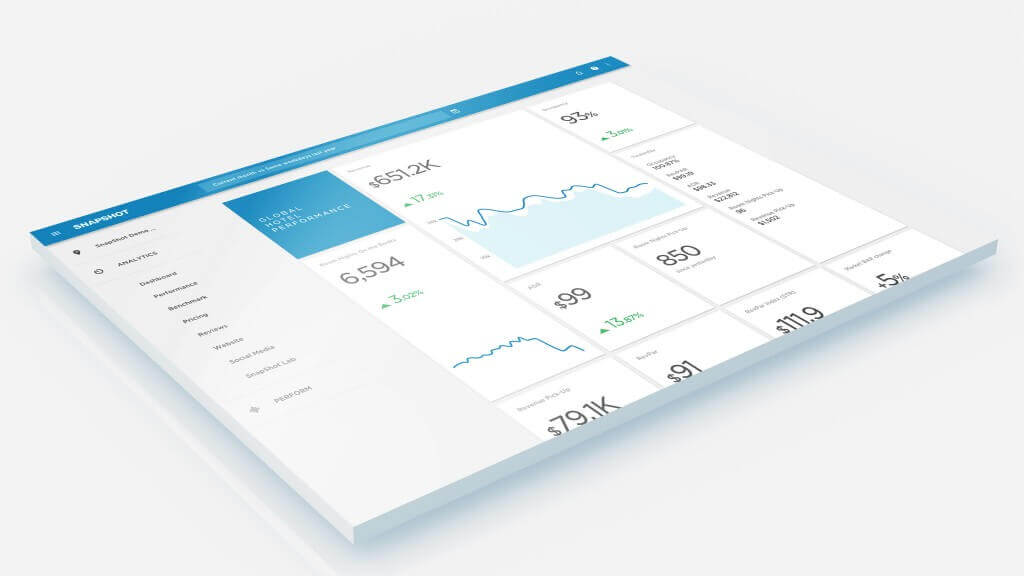
In the hotel industry, there’s a longstanding tradition of leaders making decisions based on gut instinct. Whether it’s a general manager who’s been in the business for decades or a corporate executive who quickly climbed the ranks, hoteliers take pride in drawing from experience and expertise to make bold decisions and snap judgments.
This may have been acceptable when there was little data to draw upon, but in the digital age virtually every department, at property level and enterprise level, holds vast amounts of data to help managers understand guests, increase efficiency, and guide strategic planning.
Today, big data’s biggest challenge is to convince people not to trust their judgment. “As the amount of data goes up, the importance of human judgment should go down,” says Andrew McAfee of the MIT Sloan School of Management. “Human intuition is real, but it’s also really faulty.” (Harvard Business Review, 2013.)
Hotel companies that don’t embrace analytics-driven decision making will increasingly lose market share, guests and profits to more forward-thinking competitors—not to mention data-obsessed companies like Priceline, Expedia, Airbnb, TripAdvisor and Google.
Integrating data into the decision-making culture of an organization requires a shift in mindset and strong leadership. Below are six principles to guide hospitality leaders.
-
Put the Infrastructure in Place
A common misconception is that only big companies need big data, but data can inform decisions for hotels and hotel groups of all shapes and sizes. It requires putting the proper infrastructure in place and treating data as a utility.
By utility, I mean recognizing data as useful, beneficial and necessary. Infrastructure is more than just computers, it’s people, systems, processes and data harvesting at every level. Executives need data for strategic planning, whereas middle management needs data for both tactical and strategic decision making, and frontline staff need simple and intuitive systems to collect and utilize data to enhance the guest experience.
Read rest of the article at SnapShot




